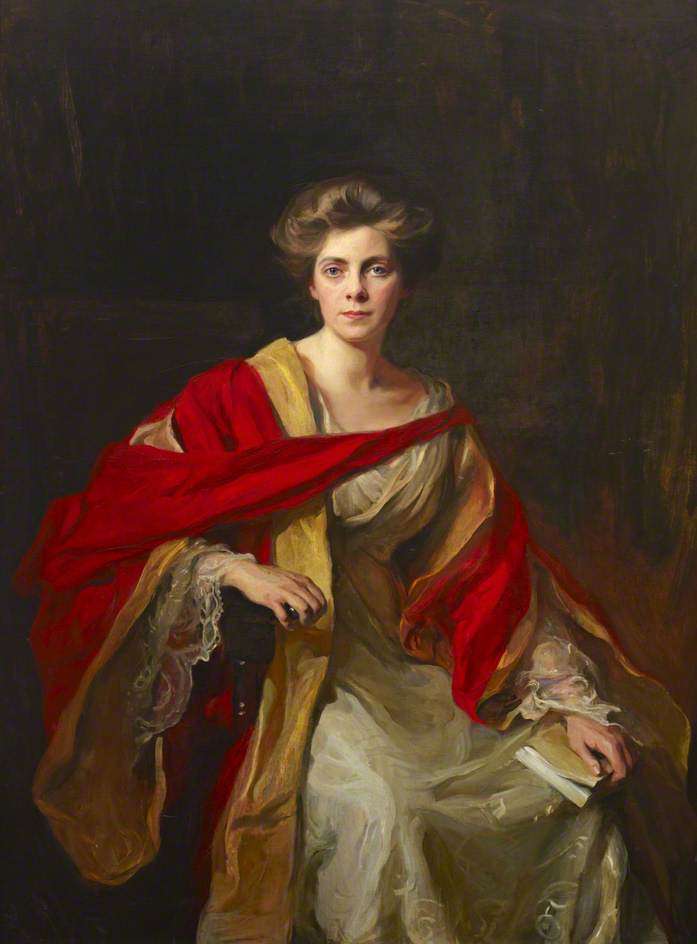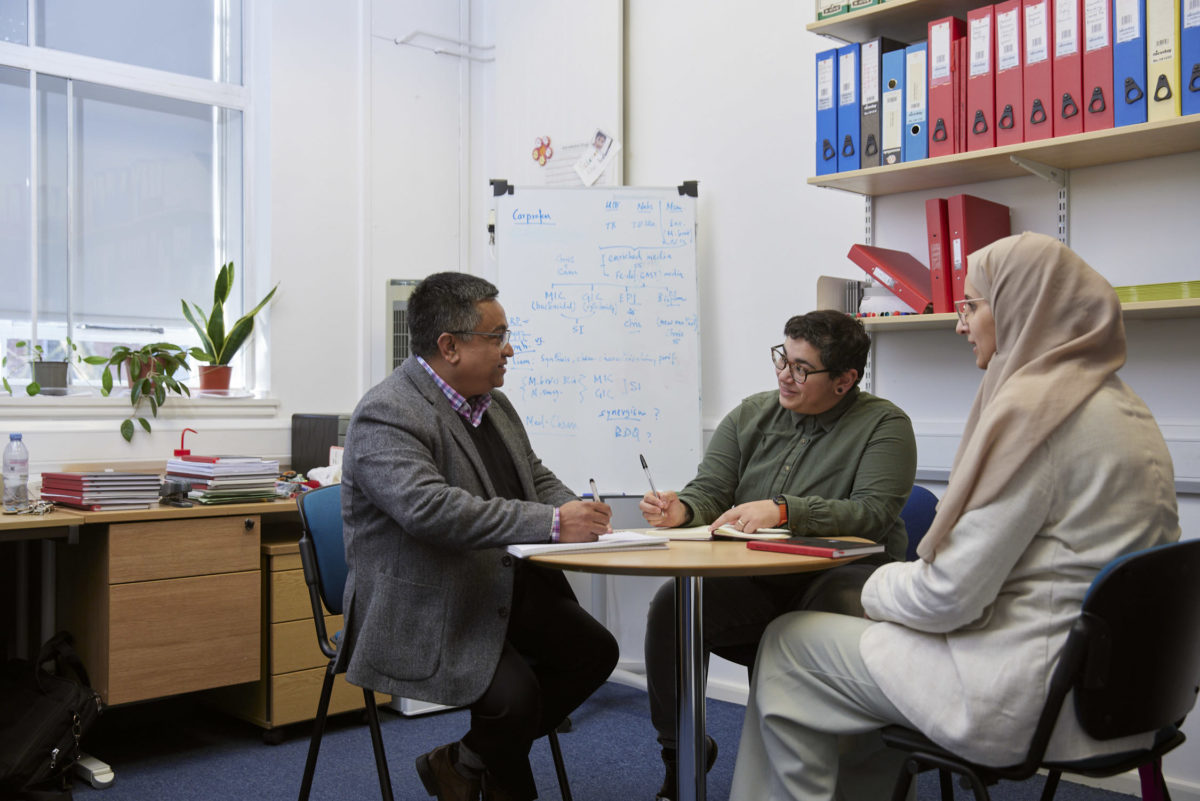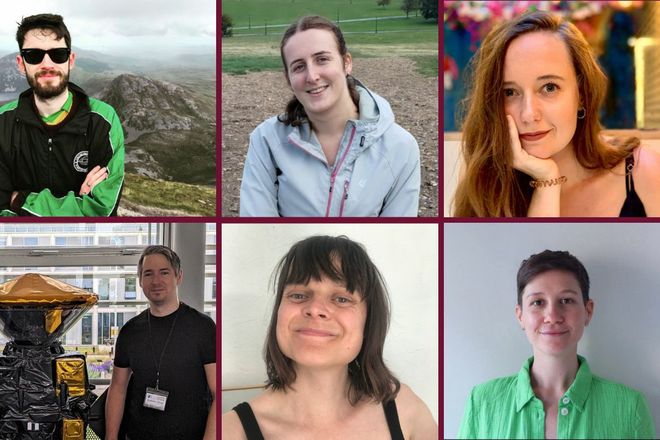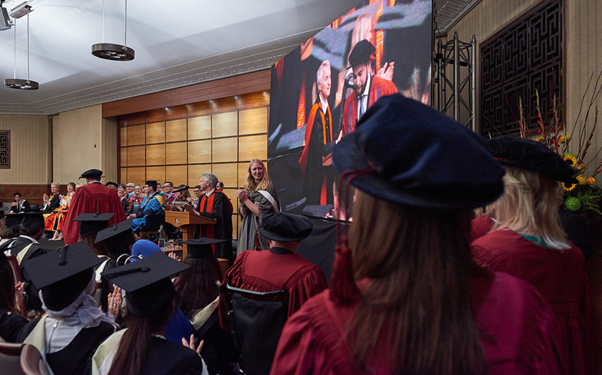
Programme
Welcome and overview to the day
(10.00 – 10.15)
Student talks session 1
(10.15 – 11.15)
Option A (room BCB 307)
Chris Daniel
Investigating carprofen’s mechanisms of bactericidal action against tuberculosis (TB) and TB-like respiratory infections
Niro Amin
The Wounded Healer Manifesto
Mukesh Bhatt
Earth and Outer Space: revisiting the evolution of transcultural extraterrestrial law
Option B (Room BCB 310)
John Siblon
Physical and nominal repatriation of African, Asian, Arab, and Caribbean naval personnel after the First World War
Heather Goodman
Black Female Temporality on The Salt Roads
Debi Lewinson
Roberts So it go! Using a Black Feminist theoretical lens to analyse grief and loss in Black Caribbean families
Option C (Room BCB 311)
Shani Cadwallender
Hard Graft: Toru Dutt and Romantic inheritance
Haydar Allami
Feyli Kurds in the United Kingdom: Narratives of Diasporic Home Making and Belonging
Adeyemi Awomodu
The impact of the Language of Instruction on educational experiences and attainment in Nigerian primary education.
Tea and coffee break
(11.15 – 11.45)
Student talks session 2
(11.45 – 12.45)
Option A (room BCB 307)
Carolann Edwards
Lawyers Feeling Envied at Work and their Response
Roland Amagbo
Geopolitical risk and wheat volatility
Shannon Sahni
Space Mapping as Methodology
Option B (room BCB 310)
Jamila Thompson
Social Media as Site for Black Feminism: Black Women’s Digital Diaspora, Collectivity and Resistance
Nandita Sirker
Do you see us ? Can you hear us? A Black Feminist exploration of Motherhood and Refugeeness
Joy Brooks-Gilzeane
Collective identities and political mobilisation: Black British Feminism 1970-2000
Option C (room BCB 311)
Aishwarya Srinivasan
Perspectives of Early Career ADHDers: Narratives, Challenges and Opportunities
Reetu Sood
Managing Multiplicity: Mixing Business and Friendship
Georgia Bondy
The experience of Kink and BDSM for mobility-disabled people
Lunch break
(12.45 – 13.45)
Student talks session 3
(13.45 – 14.45)
Option A (room BCB 307)
Teleica Kirkland
Skin Politics: How to Dress away Racism
Helena Wee
Elemental form and movement.
Amrit Deogon
Identity and work: Exploring the lived experiences of visibly observant Sikh men in the workplace
Option B (room BCB 310)
Jana Manuelpillai
Reorientating Darkness: Exploring the intersection of racial diversity and blindness within US TV
Sailee Khurjekar
The Worst Race Scenario: Racial Minorities and Obscene Art
Margaret Ochieng
The Power-shaped Narratives of Post-Floydian Anti-racism in UK Organisations
Option C (room BCB 311)
Sarah Bekkali
Tort Law an the Question of Race: A case study from the Netherlands
Crina Morteanu
The Margin of Appreciation, Deference and the Roma: Differing Standards of Protection at the European Court of Human Rights
Kaso Kardonya
Choice of Court Agreement in Private International Law of Insurance Contracts
Tea and coffee break with networking
(14.45 – 15.30)
This is a longer session than the other tea/ coffee breaks •Three broad themes as the basis for some more structured networking at the 14.45 tea and coffee break. •After about 15 minutes you will be invited to decide whether to carry on in the area you are in; or change to another theme.
Themes
- Intersectionality and Social Justice
- Decolonisation and Historical Narratives
- Sustainability in the environment, economy, health or technology
Workshop sessions
(15.30 – 16.30)
Option A (room BCB 307)
How to get an academic paper published
Dr Chao-yo Cheng
Option B (room BCB 310)
How to become a Principal Investigator
Professor Sanjib Bhakta
Option C (room BCB 311)
How to become a lecturer
Dr Michael Tsang
Closing comments
(16.30 – 17.00)
Break in schedule
(17.00 – 18.00)
Panel discussion
(18.00 – 18.30)
CLore Lecture theatre
Short panel discussion: Highlighting work and opportunities at Birkbeck aimed at improving research culture and support for BAME Doctoral Scholars
•Dr William Ackah, Senior Lecturer in Black and Community Geographies. William has been one of the organisers of the BAME Doctoral Conference and is part of a team that has produced a new book on the Black PhD experience. •Professor Stewart Motha, Professor of Law and Academic Lead for the Birkbeck Race Equality Charter application •Professor Karen Wells, Professor of International Development and Childhood studies, and an academic lead for the recently awarded Wellcome Trust Institutional Funding for Research Culture (IFRC) award. •Professor Julian Swann (Chair), Pro-Vice Chancellor for Research and Director of the Birbeck Graduate Research School
Keynote speaker: Professor Jason Arday
(18.30 – 19.30)
CLore Lecture theatre
Jason Arday is Professor of Sociology of Education at the University of Cambridge, Faculty of Education. He was formerly a Guest Editor on BBC Radio 4’s Today Programme and listed 4th on the prestigious Shaw Trust Disability Power 100 in 2023.




